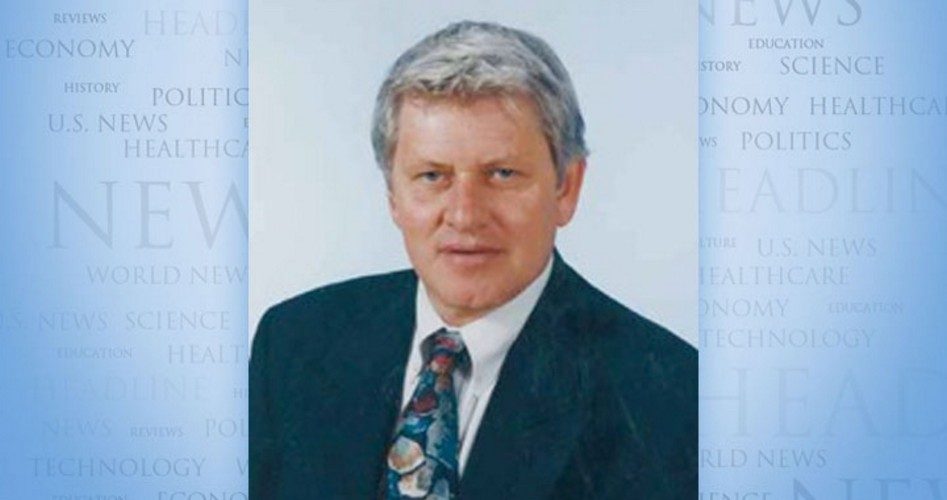
We’ve dropped a long way in 224 years, from Washington then to Washington now, from George Washington to Washington, D.C.
Born into a Virginia farming family, Commander in Chief of the Continental Army during the Revolutionary War, and the first President of the United States, George Washington is consistently ranked as one of the greatest American Presidents.
Washington, D.C., in contrast, a city named after George Washington, is consistently ranked as one of the greatest manifestations of incompetence, corruption, and waste.
A CBS News poll released in March reported that 80 percent of Americans are dissatisfied with Washington politicians — including 30 percent who are outright angry, the highest level of anger recorded since CBS polling on that question began in February 2010.
Additionally, 61 percent of Americans said the country is headed in the wrong direction, President Obama’s approval rating is rapidly slipping, and the approval rating of the job that Congress is doing has dropped to 11 percent.
Reflecting the rising level of anger, an opinion survey released in January by Public Policy Polling reported that Americans have a higher opinion of cockroaches and colonoscopies than Congress.
On a more positive note, Congress did have a higher approval rating in the Public Policy Polling survey, by a small margin, than Lindsay Lohan, Fidel Castro, and the Kardashians.
The following synopsis of just a few of George Washington’s statements is probably enough to indicate why he is held in much higher esteem than the nation’s current crop of politicians.
On a governing philosophy: “The Constitution is the guide which I never will abandon.”
On war and foreign entanglements: “I have always given it as my decided opinion that no nation had a right to intermeddle in the internal concerns of another.”
The Pentagon reports that the U.S. has 662 overseas bases in 38 countries and American military personnel on the ground in 148 countries.
On foreign policy: “My aim has been … to keep the United States free from political connections with every other country.”
As President Obama completed his recent meetings with Palestinian leaders in the West Bank, the U.S. State Department announced that it had unblocked $500 million in aid to the Palestinian Authority.
On censorship and political correctness: “If the freedom of speech is taken away then dumb and silent we may be led, like sheep to the slaughter.”
On debt: “To contract new debts is not the way to pay old debts.”
On bribery: “Few men have virtue to withstand the highest bidder.”
On inadequate resistance to statism: “The marvel of all history is the patience with which men and women submit to burdens unnecessarily laid upon them by their government.”
On dodging bullets: “By the miraculous care of providence, that protected me beyond all human expectations; I had four bullets through my coat, and two horses shot under me, and yet escaped unhurt.”
On preparedness: “There is nothing so likely to produce peace as to be well prepared to meet an enemy.”
In contrast, here is Secretary of Defense Donald Rumsfeld’s reply in Kuwait, December 2004, after being told by an American soldier heading for Iraq that they had to scrounge through local garbage dumps for pieces of scrap metal to attach to their vehicles as protection against roadside bombs: “You go to war with the army you have.”
The Washington Post reported in 2007 that 64 percent of American deaths in Iraq were due to improvised explosive devices, also known as roadside bombs.
Ralph R. Reiland is an associate professor of economics and the B. Kenneth Simon professor of free enterprise at Robert Morris University in Pittsburgh.


